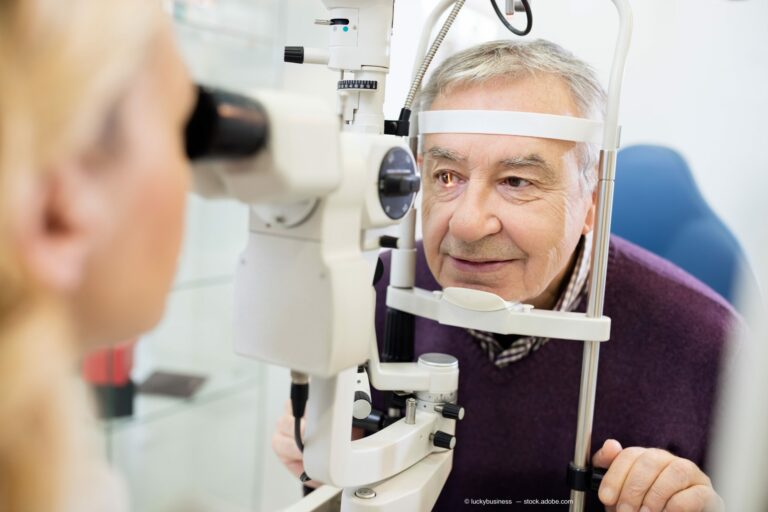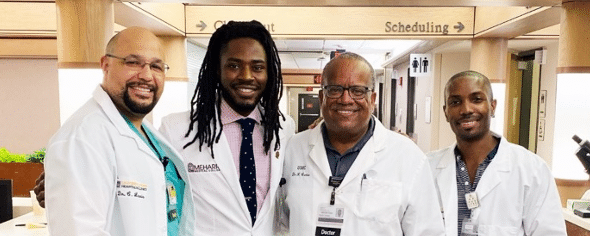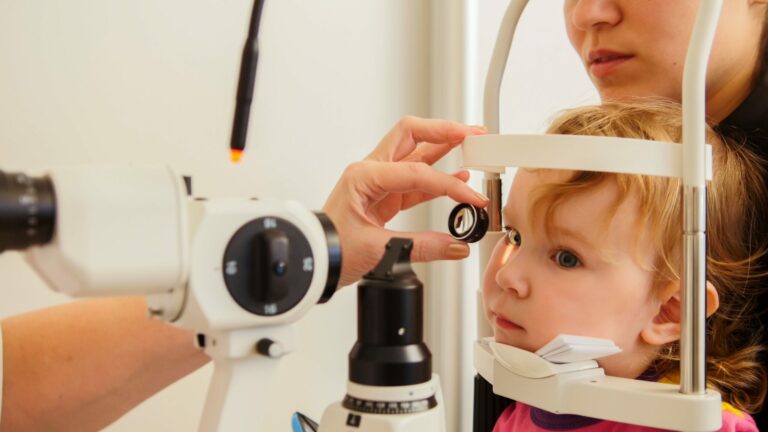Ocular biomarkers for cognitive impairment
[ad_1] European investigators led by Eliana Costanzo, MD, reported that more work needs to be done to identify ocular biomarkers of early Alzheimer’s disease mild cognitive impairment. The ocular biomarkers studied showed poor to moderate accuracy for detecting the 2 disorders.1 Costanzo is from IRCCS-Fondazione Bietti, Rome, Italy. The investigators from across Europe conducted an…
Read MoreImprovements in signs and symptoms of dry eye disease from a single TearCare treatment sustained through 12 Months
[ad_1] Sight Sciences Inc. today reported independent data addressing a frequent question from eyecare practitioners and patients regarding the treatment of meibomian gland disease (MGD) using the TearCare System: How long does a single treatment last? According to the company, clinical outcomes for 78 dry eye patients (156 eyes) treated at a single center, the Cleveland…
Read MoreBenefits Of PRK Laser Eye Surgery
With PRK, your eye surgeon removes the top layer of your cornea, known as epithelium. Your surgeon then uses a laser to alter the rest of the layers of your cornea and correct any irregular curves that you have on your eyes. With LASIK, your eye surgeon uses a laser or tiny blades to…
Read MoreWhy Dr. Sandra Belmont Is The Best LASIK Surgeon In NYC
Belmont Eye Center provides convenient tools and resources for patients seeking laser eye surgery in New York. The clinic offers various vision-correction procedures, with special emphasis on No-Cut LASIK, cataract surgery, and corneal disease treatments. Since the LASIK eye surgery is performed on one of the most sensitive and vital organs in the body,…
Read MoreBeing the change we want to see in ophthalmology
[ad_1] I am proud to be an ophthalmologist. We are fortunate to be in a field that is at the forefront of technological advancement, research development, and surgical innovation in medicine. However, though we lead in many aspects, ophthalmology has notoriously lagged behind other medical specialties with regards to diversity, equity, and inclusion. The statistics…
Read MoreUC Davis tests microshunt in children with refractory childhood glaucoma
[ad_1] A polymer-based microshunt is safe and effective in pediatric patients diagnosed with refractory childhood glaucoma, according to a small, single-center case series at the UC Davis Health Eye Center. According to a UC Davis news release, the study,1 Use of a Novel Microshunt in Refractory Childhood Glaucoma, was published in the American Journal of…
Read MoreNot your typical flight experience
[ad_1] It’s not American or United, but the Orbis Flying Hospital carries on board hope and the gift of sight for patients in need of ophthalmic care around the globe. When it is not on a mission, the MD-10 aircraft often is situated at an airport where the fully accredited teaching facility is put to…
Read MoreWorld’s Best Eyesight: 5 Ways Animals Outrank Us
Human eyes are complicated, powerful organs, but there are some animals that beat us to the punch when it comes to vision. While it is almost impossible to conclusively rank which animals have the best eyes, because eyesight encompasses such a broad spectrum of attributes, we can look at how some animals have exceptional vision…
Read MorePrevent Blindness declares third annual Thyroid Eye Disease Awareness Week Nov. 14-20
[ad_1] Prevent Blindness has declared Nov. 14-20, 2022, as its third annual “Thyroid Eye Disease Awareness (TED) Week.” TED, sometimes called Graves’ ophthalmopathy or Graves’ eye disease, is an autoimmune disease in which the immune system causes inflammation and swelling and stimulates the production of muscle tissue and fat behind the eye. According to the organization, to help…
Read More









